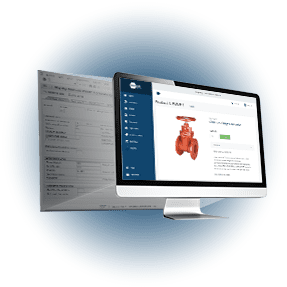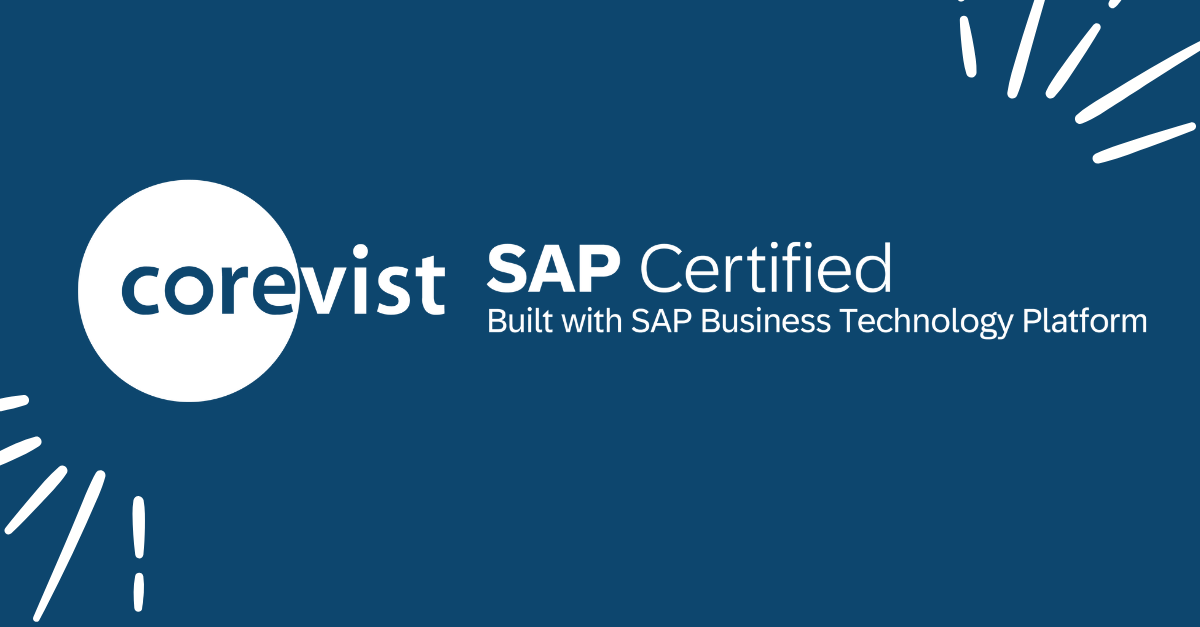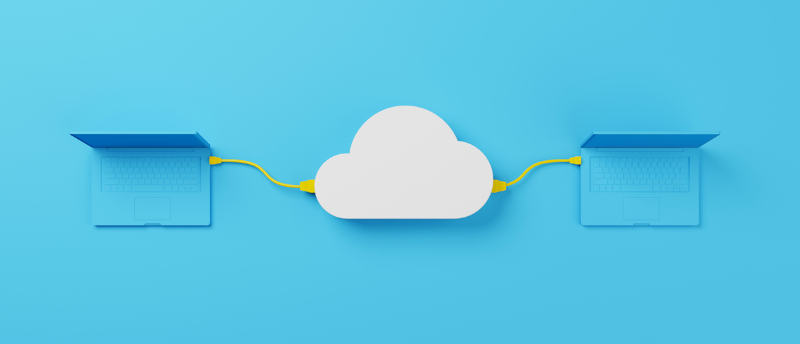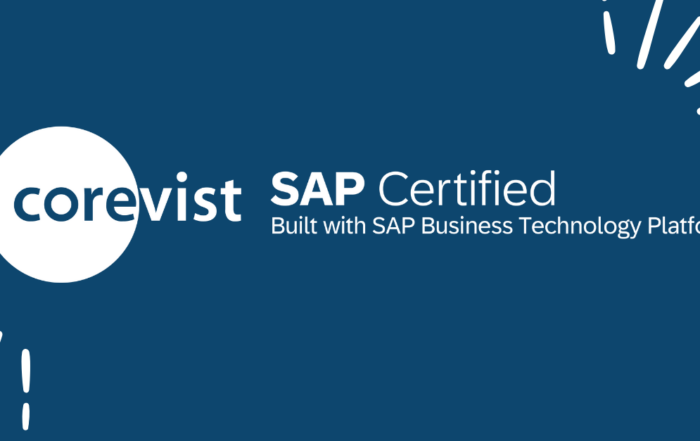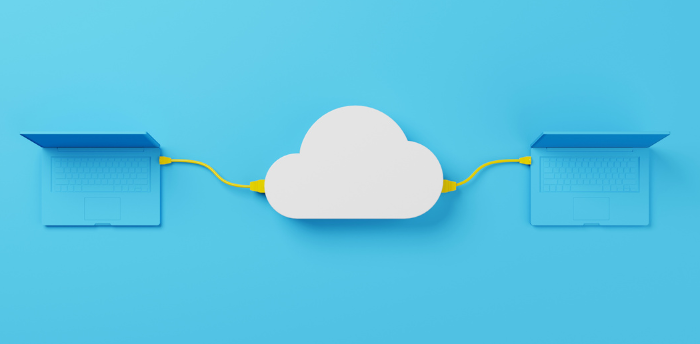Share
Author
Susan Wall
Share
Today’s B2B buyers want to conduct business online. Whether they can cover the entire customer journey online, or just part of it, they want speed, convenience, and transparency.
This is why a customer portal can revolutionize customer relationships for manufacturers, wholesalers, and distributors—or any other organization that sells to other large businesses.
But do you really need a customer portal? Aren’t the old processes working just fine?
Here are some questions you can ask to determine where you fall.
1. How big is my customer base?
The larger the customer base, the more likely it is that they’ll follow a bell curve distribution as far as their size. In other words, a larger customer base is likely to have a few large customers, many medium-sized customers, and a few smaller customers.
The more differentiated your customers are, the more challenging it is to meet all of their needs at all times.
And the more large customers you have, the more personalized attention you have to dedicate to them.
Here’s where a B2B customer portal comes in. When you give customers self-service capabilities, you free up resources to offer more personalized service to your largest customers.
In other words, a customer portal is a great way to streamline your operations and focus your human touch where it matters most.
2. What is the profile of my buyers today?
Research has uncovered that 85% of B2B buyers will abandon a supplier with a bad digital experience.
Granted, every company is different, and customers of manufacturers, wholesalers, and distributors may be accustomed to ordering via phone, email, or EDI.
Yet the fact that buyers accept older ordering methods doesn’t mean they like them. In fact, they may find your organization “hard to do business with.”
If it’s been a while since your organization reviewed your customer profile, it’s worth doing it again—with a particular focus on how they want to conduct business with suppliers.
What are they looking for in terms of customer experience? Do they expect to have a digital option because they prefer to transact through that channel? Or do they prefer to work with another human, whether their sales rep or customer service rep?
You might be surprised at the answers that your customers provide. Chances are, they’re looking for seamless self-service. And a B2B customer portal is the cornerstone of that type of customer experience.
3. Do I have customers in other time zones?
If your customer support staff are centrally located, and if you do business in other time zones, then self-service is a no-brainer. Customers can log on to the portal at any time, on any device, whether your reps are working or not. Depending on what functionality you include in your B2B portal, you can empower customers to browse catalogs, place orders, track orders and invoices, and make payments—all without picking up the phone or sending an email.
For businesses that sell into multiple time zones—or who sell internationally—a B2B portal is one of the best decisions the organization can make.
4. Does my sales staff need a better way to assist customers?
In some industries, person-to-person sales will never go away. Customers may need the deep expertise that a seasoned rep provides—or the product may be such a significant investment, it will never work as a one-click purchase.
Whatever the reason, many manufacturers, wholesalers, and distributors continue to rely on expert sales reps to provide value to customers.
In these cases, it’s worth asking how your reps place orders and look up customer information.
If they have to call customer service—or worse, type an order into SAP when they get back to the office—then there’s a better way for them to do business.
The answer is a B2B sales portal. Believe it or not, it’s the same functionality you can offer in a customer portal, with added features like customer account selection for looking up information, providing quotes, and placing orders.
5. How much time is customer service spending on boring, low-value work?
If you don’t have a self-service option, then your customer service staff is on the hook for every minor question that customers may have. This includes looking up available inventory, checking prices, placing orders, tracking orders, tracking shipments… the list goes on!
If we’re honest, customer service isn’t really providing any value here that isn’t found in SAP ERP. That’s where the data lives, and they’re simply reading it off to customers (or typing it into an email).
It’s not a great use of your CSRs, who know your products from top to bottom. (It’s also boring work. You could argue it leads to churn.)
A B2B customer portal solves these problems. It relieves the burden of mundane inquiries, allowing your reps to focus on strategic, value-added activities as customer advisors. This type of work is more interesting, which engages employees more deeply and helps fight churn. It’s just one of the many benefits of a B2B portal.
6. Could I win new customers—or grow sales from existing customers?
A B2B portal offers incredible growth opportunities that you can’t get any other way. Consider all the aspects of a portal that help drive revenue:
- Product catalogs show off your products in the best light. They also help new customers find you online through search engines.
- Product images, videos, reviews, specifications, and documentation help buyers educate themselves about your offerings. An educated customer is empowered to buy exactly what they need.
- Related products help increase basket size by introducing products that the customer didn’t know you had. This is especially useful for consumables that go with a major product.
- 100% reliable inventory and pricing information gives customers a reason to come back. They know you offer transparency, and they know what they’re getting.
- When you offer self-service that covers every step of the customer journey, you become “easier to do business with” than the competition. This is a huge factor in building deeper customer relationships and getting the sale every time.
The takeaway: A customer portal increases your value to the customer
At the end of the day, a customer portal is simply easier to use than phone, fax, email, or EDI. Buyers can access the portal on any device, 24×7, and it always shows them accurate information that’s fully personalized.
The key here is a comprehensive, real-time integration to SAP ERP. This is the only way to show reliable data for inventory availability, personalized pricing, order history, invoice history, credit status, and more. That’s why Corevist Commerce Cloud is built on a deep integration for ECC or S/4HANA. It’s how we deliver flawless self-service and process $2B+ in order value for our clients every year.


